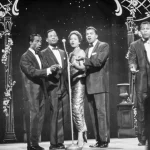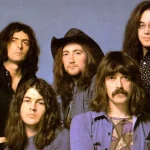🎶 Marmalade – “Reflections Of My Life” (1969): A Timeless Tapestry of Melancholy and Hope ✨
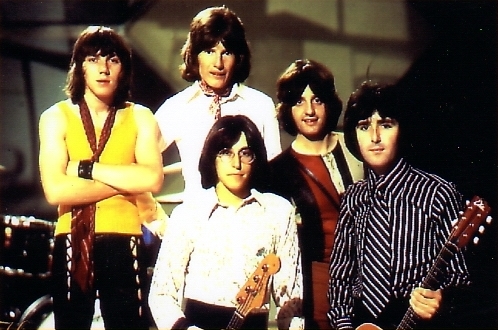
Released in 1969, “Reflections of My Life” by the Scottish pop-rock band Marmalade isn’t just a song; it’s a profound and introspective journey through the human experience. This poignant ballad quickly became the group’s biggest international hit, earning widespread acclaim for its emotional depth, rich harmonies, and sophisticated arrangement. It transcended mere pop status to become a resonant anthem for a generation grappling with a rapidly changing world.
The Creative Minds Behind the Melody
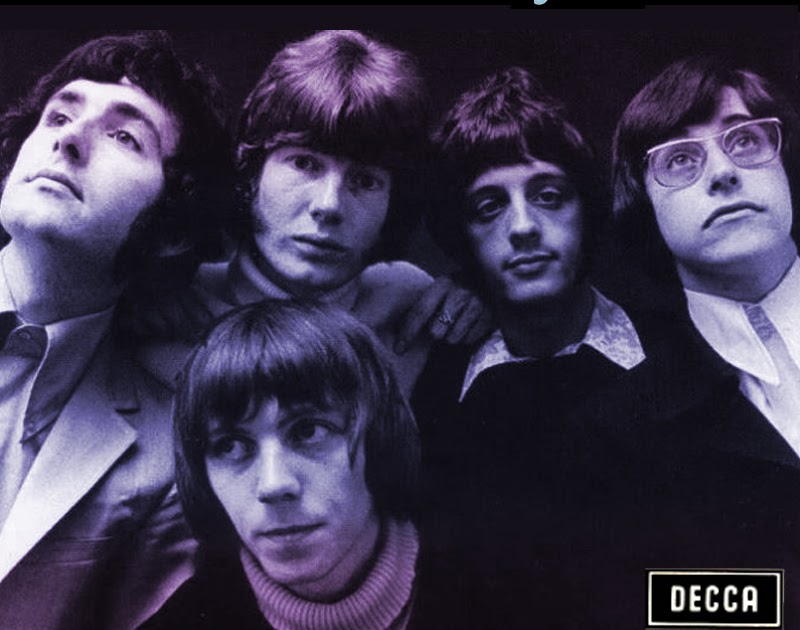
The genesis of “Reflections of My Life” lies in the collaborative genius of two of Marmalade’s members: guitarist Junior Campbell and lead vocalist Dean Ford. Campbell conceived the distinctive melodic and chordal structure, while Ford penned the evocative and deeply personal lyrics. Their synergy created a song that was both accessible and profound, blending pop sensibilities with an underlying rock maturity. The track was recorded at the iconic De Lane Lea Studios in London, with the band reportedly using innovative techniques, including a backwards drum effect in the mix, contributing to its unique, ethereal sound. This creative approach underscored their commitment to crafting a song that stood apart from the typical pop fare of the era.
A Sonic Landscape: Haunting Melodies and Rich Textures

From its opening notes, “Reflections of My Life” creates an immediate, almost haunting atmosphere. The song is characterized by its smooth, emotive vocals from Dean Ford, delivered with a perfect blend of vulnerability and conviction. The melodic structure is instantly memorable, driven by a melancholic yet beautiful piano and guitar interplay. What truly elevates the song, however, is its powerful and meticulous orchestration. Lush string arrangements swell and recede, adding a symphonic grandeur that complements the introspective lyrics. The memorable backward guitar solo—a pioneering studio effect for its time—adds an otherworldly dimension, while the judicious use of brass elements provides moments of both drama and uplift. This meticulous layering of sound contributes to the song’s enduring beauty and complexity, making it a standout track even decades later.
Lyrical Introspection: Time, Regret, and the Search for Peace

At the heart of “Reflections of My Life” lies its deeply contemplative lyrics. They delve into universal themes that resonate across generations: the passage of time, personal regrets, the search for meaning, and a longing for peace in a turbulent world. Phrases like “The world is a bad place, a bad place / A terrible place to live, oh / But I don’t wanna die” capture a pervasive sense of melancholy mixed with a tenacious hope. The song asks profound questions about past choices and the elusive nature of happiness, reflecting a collective introspection prevalent during the late 1960s, a period marked by significant social and political upheaval. This candid exploration of inner turmoil and external chaos struck a chord with listeners who felt similarly adrift yet hopeful.
Enduring Legacy: A Timeless Classic
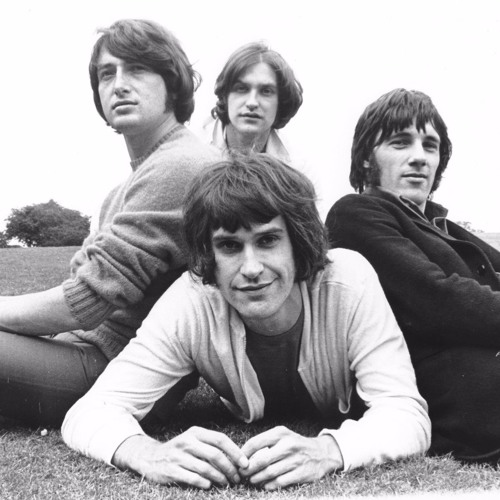
“Reflections of My Life” was not just a critical darling; it was a commercial triumph. It soared into the Top 10 in both the UK (reaching No. 3) and the US (No. 10), achieving similar success across Europe and beyond. Its widespread appeal demonstrated its ability to transcend geographical and cultural boundaries. Today, over five decades since its release, the song remains a timeless classic. It’s regularly featured on classic rock and easy listening stations, continually rediscovered by new generations, and often cited in discussions about the most impactful ballads of the era. Its heartfelt message, combined with its stunning musical craftsmanship, ensures that “Reflections of My Life” continues to be celebrated for its enduring beauty and its ability to evoke both nostalgia and a profound sense of shared humanity.






